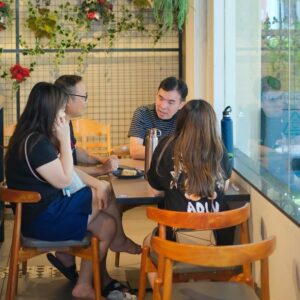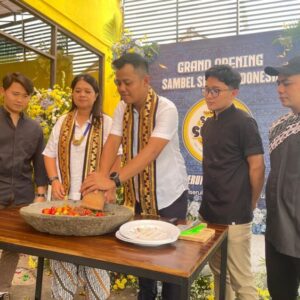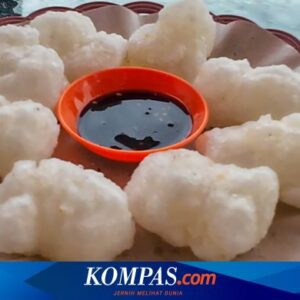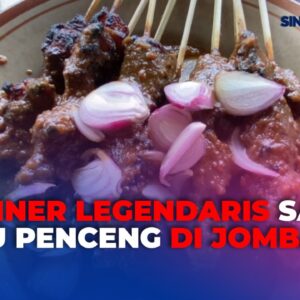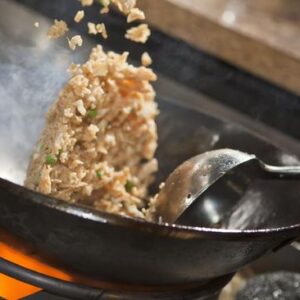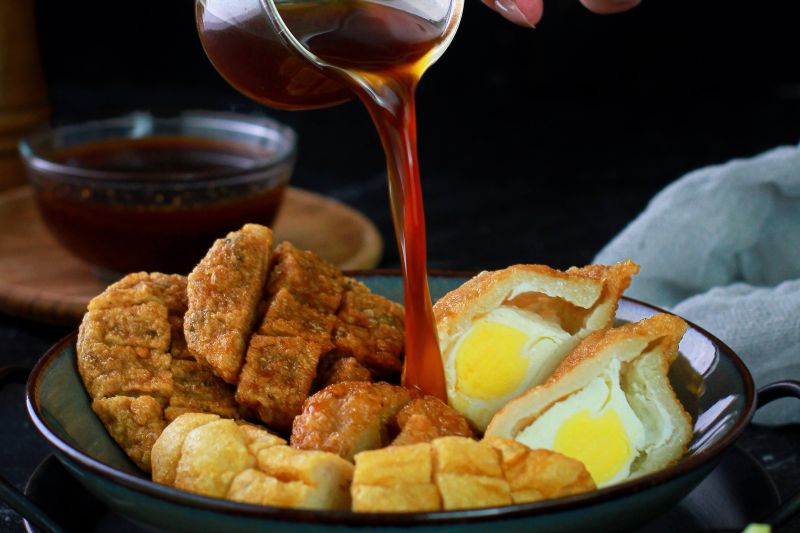
Jakarta (ANTARA) – When traveling to an area in Indonesia, it feels incomplete if you don’t bring souvenirs for your loved ones and colleagues. Food is one of the most commonly chosen souvenir choices.
Indonesia, which is rich in diverse cultures and culinary delights, offers many choices of souvenirs that are not only delicious, but also unique and symbolic of their region of origin. From sweet snacks, savory snacks, and special foods, of course you can consider them as souvenirs.
If you are going on holiday in several big cities such as Medan, Semarang, Yogyakarta, Surabaya, Palembang, Bali, Solo and Malang, don’t forget to try various regional culinary specialties, suitable to take home and share with loved ones and colleagues. . Below are some recommendations for souvenirs that are in great demand from various cities.
1. Bika Ambon (Medan)
Bika Ambon is a yellow cake that has a sweet and savory taste. The unique taste comes from the mixture of various ingredients, such as tapioca flour, eggs, sugar and coconut milk. This food is one of the characteristics that is much sought after by tourists on holiday for food souvenirs.
Also read: Recipe for fried takjil spring rolls filled with meat without salt
Also read: 30 culinary icons that have become material for Indonesian diplomacy
2. Lumpia (Semarang)
Lumpia Semarang is a typical food from Semarang in the form of thin rolls of spring roll skin containing bamboo shoots, mixed with vegetables, meat and eggs. The characteristic of these spring rolls is their crispy skin and savory filling. It is usually served with soy sauce or chili sauce, making it a very popular snack. To take as a souvenir on long distance trips that take all day, you should choose fried spring rolls which can last longer than wet spring rolls.
3. Bakpia (Yogyakarta)
Bakpia Yogyakarta is a traditional cake made from wheat flour dough with a sweet filling, usually using green beans. However, the filling for bakpia has begun to be modified to suit the tastes of the market and young people, such as chocolate, cheese and pandan flavors. This cake has a soft texture on the outside and rich taste on the inside.
4. Bolu Lapis (Surabaya)
This cake is usually made from ingredients such as eggs, sugar, wheat flour and butter, which are combined to create a rich and very soft sweet taste. Bolu Lapis Surabaya is often served in a box consisting of three layers with various flavored jams. This is always successful in getting everyone addicted, and is suitable as a souvenir for colleagues and loved ones.
Also read: Four philosophies of pempek
5. Pempek (Palembang)
Pempek is usually made from processed ground fish meat, sago flour, garlic, salt and eggs. Usually, pempek is served with cuko, a dark colored sauce that has a sour, sweet and slightly spicy taste. To bring pempek as a souvenir, it is a good idea to buy pempek in frozen form that has been vacuumed, so it is safe when carried on long distance trips that take a long time.
6. Milk pie (Bali)
Milk pie is a typical Balinese food that is famous among foreign tourists and local residents. Because of its popularity, this milk pie can easily be found in Bali.
7. Serabi (Solo)
Serabi Solo has a soft texture and savory taste, making it an ideal snack for everyday use. Usually, this serabi is rolled and tied with banana leaves, so it is easy to carry back to its place of origin. However, this type of food is not durable enough to be carried on long distance journeys that take a long time. Coconut milk is one of the main ingredients for serabi, making this food must be consumed immediately after cooking.
8. Apple chips (Malang)
Malang is a city famous for its apples. There, you can find a typical food in the form of dry chips made from apples, with a sour and sweet taste similar to the fruit.
Also read: Ministry of Tourism and Creative Economy promotes Indonesian culinary delights in China
Also read: First Indonesian art to appear at the “Belt and Road” culinary festival
Also read: RI-France hold training to improve the quality of vocational education
Reporter: Sean Anggiatheda Sitorus
Editor: Maria Rosari Dwi Putri
Copyright © ANTARA 2024

